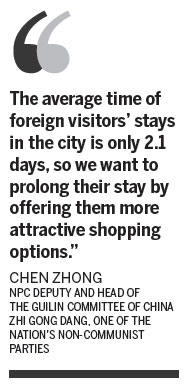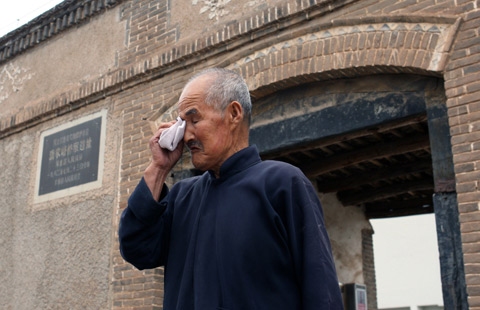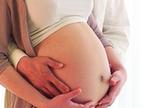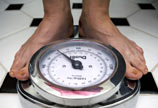Guilin hopes to cash in on tax rebate plan
By Zhao Lei (China Daily USA) Updated: 2014-04-18 14:57The scenic city of Guilin, one of the most popular tourist destinations in China, should follow in Hainan province's footsteps in building a shopping mecca, national lawmakers have said.
In a motion submitted to the National People's Congress, which concluded its annual session in mid-March, legislators from the Guangxi Zhuang autonomous region, which administers Guilin, urged central departments to allow the city to launch a trial that gives overseas guests tax refunds on their purchases in the city.
"The number of foreign visitors to Guilin has been rising rapidly, but the increase in tourists has generated only a sluggish rise in revenues," said Chen Zhong, an NPC deputy and head of the Guilin committee of China Zhi Gong Dang, one of the nation's non-Communist parties.
Almost every itinerary offered by overseas travel companies that feature China's natural landscape include Guilin, making the city stand with Beijing, Shanghai and Xi'an as among the best-known Chinese places for foreigners, Chen said, adding that Guilin - known for its picturesque mountains, lakes and rivers - is also the top recipient of tourists in Guangxi.
"However, the average period for foreign visitors' stays in the city is only 2.1 days, so we want to prolong their stay by offering them more attractive shopping options," he added.

According to the motion, foreign tourists and citizens from Hong Kong, Macao and Taiwan who have been on the Chinese mainland for no more than 183 days are eligible for an 11 percent rebate of any purchases of 800 yuan ($129) or more.
The island province of Hainan, another top destination for tourists, instituted the 11 percent rebate for overseas shoppers in 2011. It is the only region within the mainland that has such a policy.
The move has proved to be effective in luring more visitors and boosting local industries, ranging from tourism to retailing and manufacturing, Chen said.
Once the central government approves the proposal, Guilin will establish shopping malls at sites with a high concentration of foreign visitors, Chen said, noting that shoppers can claim their refund at Guilin Liangjiang International Airport.
Nearly 2 million trips were made by overseas travelers to Guilin in 2013, up 6.2 percent year-on-year. The tourists contributed 5.4 billion yuan to the city's revenue, according its tourism bureau.
Xiang Huiling, another NPC deputy from Guangxi who works with the labor union in Guilin, said the city has adopted a series of measures to boost its tourism sector.
She said the city government regards tourism as a pillar for the local economy and that, last year, the local tourism authority staged promotional events in Hong Kong and Taiwan and will introduce helicopter tours in the near future.
But for those who want to flash their cash, Guilin may not be so tempting.
"I hate to say this," Xiang said, "but for our visitors, the most popular goods are local snacks, fruits as well as rice wines, because we can't offer them other choices than these."
But she said the tax-refund policy may inject momentum into the city's handicraft and souvenir businesses and spur a local goods industry that has more added value.
Along with Guilin, the capital city of Beijing is also planning to give tax refunds to foreign visitors, according to earlier reports.
zhaolei@chinadaily.com.cn
(China Daily USA 04/18/2014 page19)
- Government urges economic fugitives to surrender
- Severe smog in north China to disperse
- What saddens Xi Jinping?
- 19 dead in Northwest China landslide
- China denounces US support for HK protest
- Four professors arrested for swindling scientific funds
- 25 arrested in alleged media scam
- Second-child baby boom strains Chinese hospitals
- Beijing tackles air pollution for APEC
- Top court acts to curb paid Web posts, deletions







